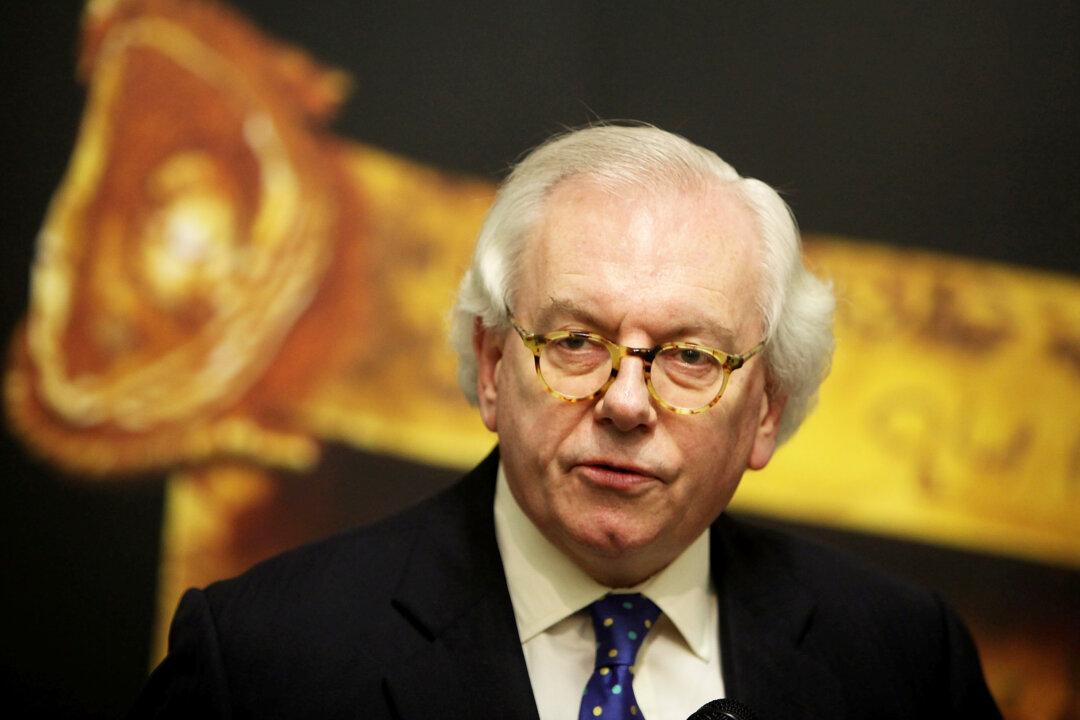British historian and TV presenter David Starkey resigned from his honorary fellowship at a University of Cambridge college on Friday, after he drew outrage for his comments about black people and whether slavery should be considered genocide.
In an interview on Tuesday for YouTube show “Reasoned,” Starkey said, “Slavery was not genocide, otherwise there wouldn’t be so many damn blacks in Africa or in Britain, would there?”





